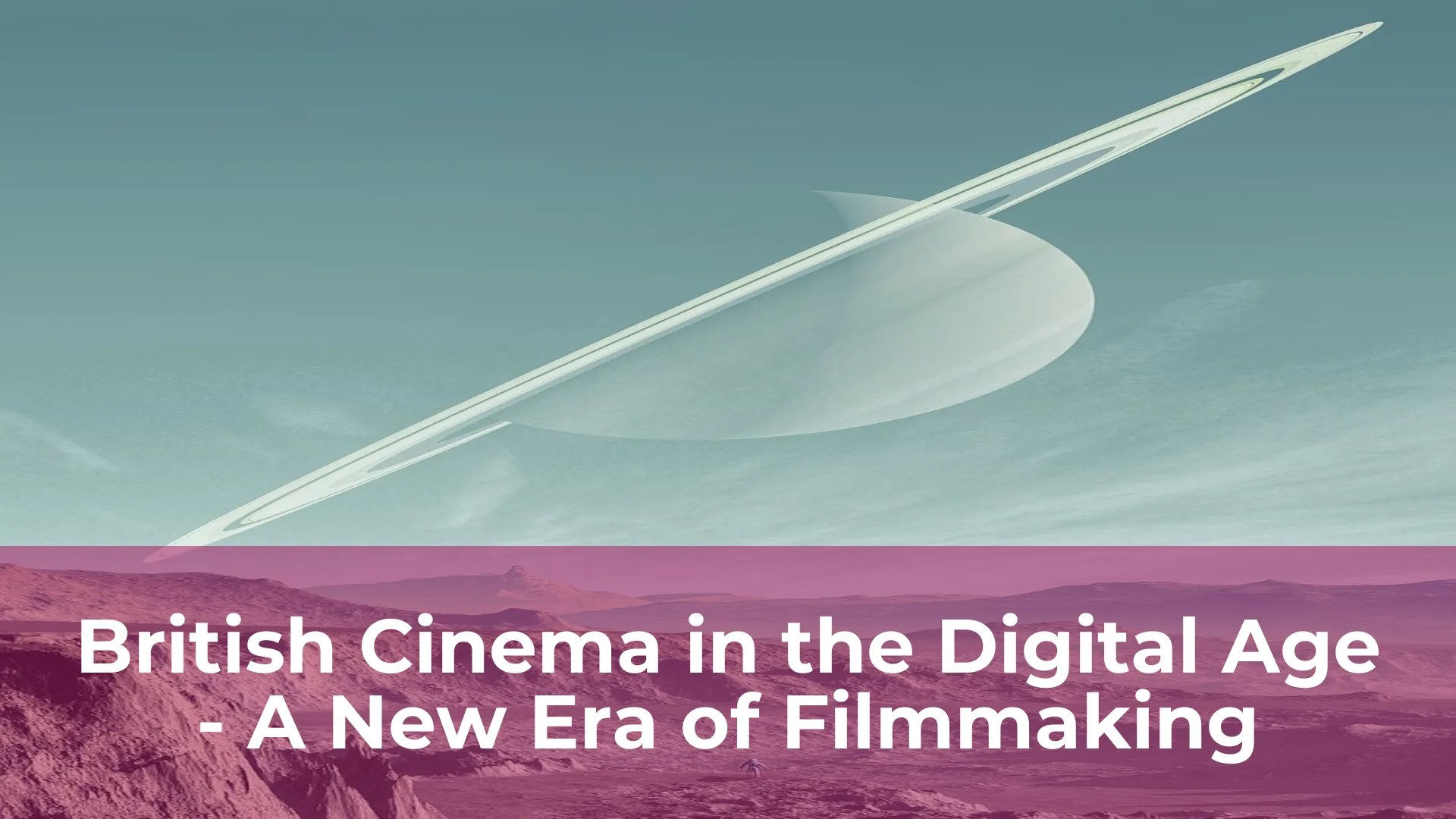British cinema has undergone a remarkable transformation in the digital age, opening up new avenues for filmmakers and audiences alike. The advent of digital technology has given rise to a new era of filmmaking in Britain, with a host of talented directors, actors, and producers exploring innovative ways to tell stories and engage with viewers.
From low-budget independents to big-budget blockbusters, British cinema has never been more diverse and dynamic. The rise of streaming platforms like Netflix and Amazon Prime has also given filmmakers a wider audience and more opportunities to showcase their work. As we move further into the digital age, it’s clear that British cinema is set to continue to evolve and innovate – and we can’t wait to see what the future holds.
The Evolution of British Cinema
The British cinema industry has always been a source of pride for the nation, and its evolution has been nothing short of remarkable. From the early silent films to the modern-day blockbusters, British cinema has produced some of the most iconic movies in the world. The industry has come a long way since the first moving pictures were shown in London’s West End in 1896, and it continues to thrive today.
During the early 1900s, British cinema was dominated by slapstick comedies and melodramas, but with the advent of World War II, the industry began to shift towards more serious, politically charged films. In the 1950s and 60s, British cinema experienced a golden age, producing some of its most celebrated movies, including Lawrence of Arabia, Doctor Zhivago, and A Hard Day’s Night.
However, the industry faced tough competition from Hollywood in the 1970s and 80s, and many British films were overshadowed by big-budget American blockbusters. Despite this, British cinema persevered, producing a slew of critically acclaimed films such as A Room with a View, Trainspotting, and The Full Monty in the 1990s.
Challenges Faced by British Filmmakers in the Digital Age
The advancements in digital technology have opened up new opportunities for filmmakers around the world, but the British film industry faces a unique set of challenges in the digital age. Despite the rise of streaming services and increasing demand for British content, many British filmmakers struggle to secure funding and distribution for their projects.
One of the biggest challenges faced by British filmmakers is the dominance of Hollywood in the global film market. Hollywood studios have the resources to produce large-scale blockbusters and market them to audiences worldwide. This makes it difficult for British independent filmmakers to compete, even with the support of government funding bodies like the British Film Institute (BFI).
The rise of streaming services like Netflix and Amazon Prime has created new opportunities for British filmmakers to reach global audiences. However, these platforms also present their own challenges. The streaming model often prioritizes quantity over quality, leading to a flood of content that can be difficult for audiences to navigate. Additionally, streaming services often negotiate exclusive deals with established filmmakers and studios, leaving independent British filmmakers struggling to get their work noticed.

